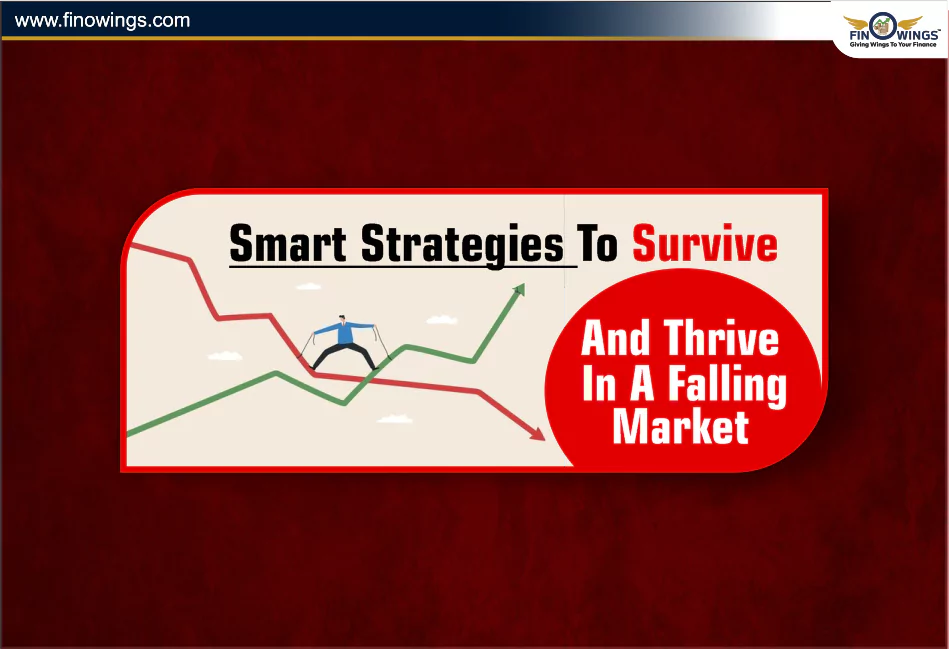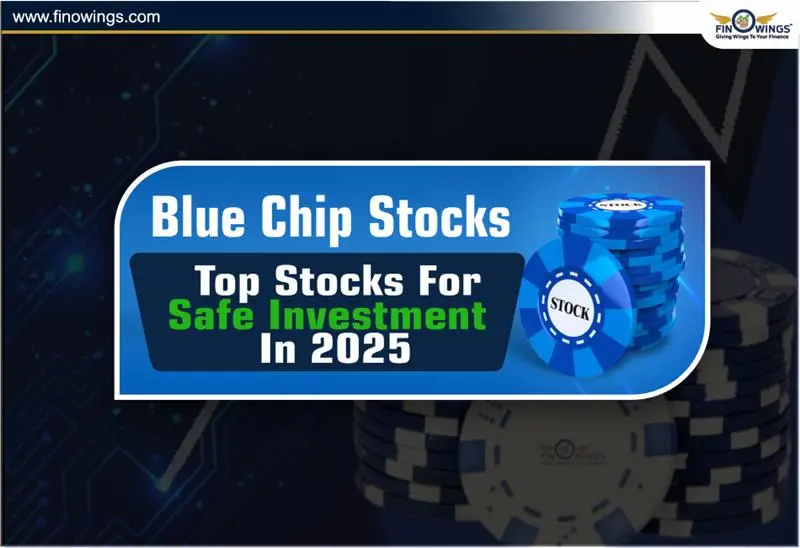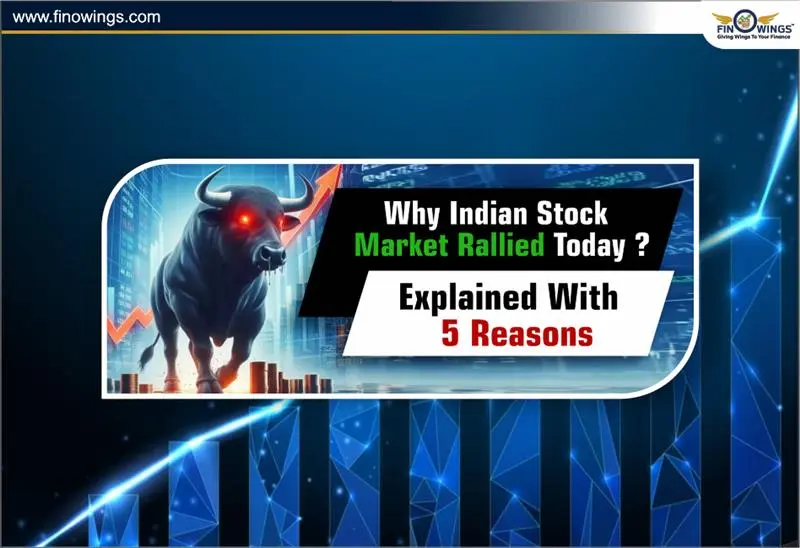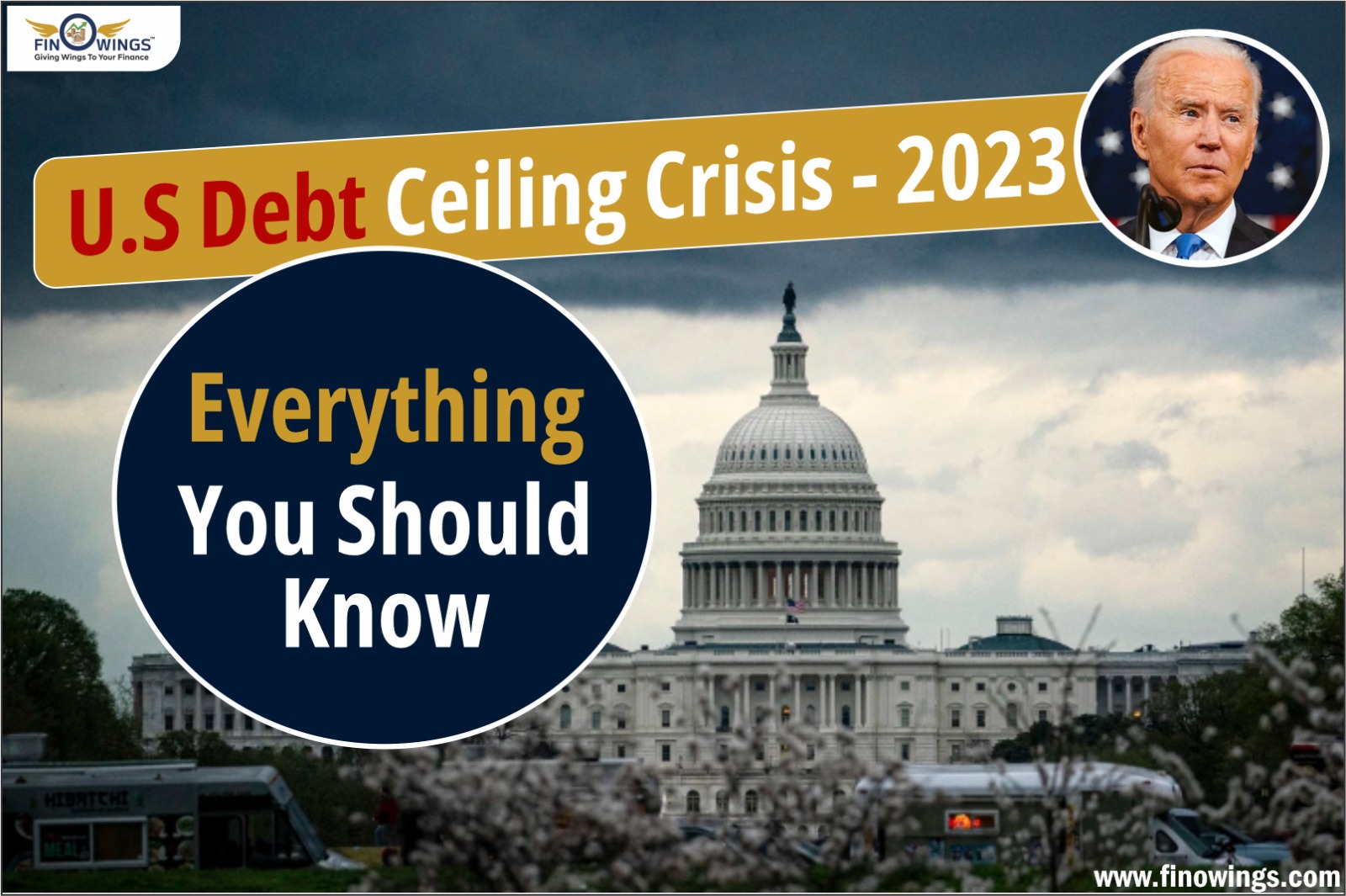Home >> Blog >> Smart Strategies to Survive & Thrive in a Falling Market
Smart Strategies to Survive & Thrive in a Falling Market

Table of Contents
Strategies During Market Falling
The initial reaction of the investors to a market crash is generally panic. A portfolio that is in the red can be intensely stressful to see, and it may seem as if everything is lost. However, the truth is that every downturn presents some opportunities. Many retail investors, however, are unable to accept this fact. Both the stock market and life’s greatest secret are the same. You have to know what needs to be done. In this article, we will cover 6 strategies in a falling market and what you need to know.
Here are 6 of the most important factors that need emphasis during these stock market falls:
1. Do Not Panic!
The single most important market crash rule is not to panic. A declining market is not the end of life as we know it. Check history, as every major crash has had a healthy recovery.
Quality stocks are seldom offered at reasonable prices during peak market periods and as such, stocks become overvalued. However, when the market takes a dip, those stocks become more affordable.
Consider HAL, a widely traded defense stock, which, during the bull run, peaked at around Rs.5600. Investors found it appealing at this price point but it's currently trading at Rs.3500. Despite it being highly undervalued, many investors are still afraid.
Corrections within the market will happen one way or another. The 2008 market crash is an excellent example as the market took a nearly 50% dip but those who refrained from panic selling and chose to hold their investments are now enjoying the rewards. Even recently in 2020, Tata Motors’ stock was trading at Rs.72 which meant that in four years, the stock would have provided returns exceeding 10x.
The most important step to take before anything else when a market decline does happen is to take a deep breath, refrain from panic, and think rationally.
2. Evaluate Investment Decisions
Analyzing your investments is necessary. Did you acquire shares from strong companies or did you buy stocks because they were trending?
For those who have placed their investments in robust companies, the recovery phase will not be a worry. All companies are bound to recover from a dip eventually.
It's wise to sell poor-performing stocks like those purchased solely on presumptions. If a particular stock has been persistently weak, it is logical to exit and reallocate those funds to more reliable indices, such as the Nifty 50.
3. Intensify Your SIPs Activity
Suspending SIPs when the market is contracting is one of the most common investment foolishness. SIPs, being a form of mutual fund equity investment, are the least engaging type of investment and thus, normally offer the best form of value in recessions. This is hardly recommended.
A universal rule with SIPs is that the fewer units purchased, the higher the long-term gains. Between the previous example's NAV pledge of Rs.20 and the now claimed amount of Rs.17, a fixed SIP contribution will buy more units, which will in turn boost future profits. SIPs are a phenomenon that allows people to invest without having to think or engage with value markets.
Detailed Video
4. Portfolio Balance
Almost every investor has all their allocations tied into equities, and this is where it can start becoming a bit dangerous. The worst part is that when the markets tend to crash, they are compromised with a lot of movement limiting their liquidity which is needed for further investment. Therefore the investments should be allocated strategically.
Some of the Investment Options (Not a buy or sell advice)
- Gold: Gold normally performs well when the economy is at its low points such as a recession. For example, over the last month in Lucknow, gold demand increased prices by roughly 9.89%, while simultaneously, the Nifty index plunged by about 1.22%.
- Fixed Deposits (FD): Even though FDs provide low returns, they provide certain constancy and liquidity that are needed in a market-threatening scenario.
- Debt Funds: Significantly aids in diminishing the global Investment portfolios constructed in SIP.
Essentially, the right proportion is a combination of debt, gold, and equity. Besides, if you have a decent amount of capital, real estate is also a good alternative.
5. Stay away from Negative News
During a market crash, the news and social media are intensely negative. There are headlines stating that “Market Crash! Recession! The Stock Market is Finished!” This makes panic set in excessively.
Try to understand that news channels are designed for TRP, not for your Investments. Try to limit your consumption of financial news. If you are a long-term investor, you might want to consider uninstalling stock market apps so you will not be tempted to always check the prices.
6. Short-Term Trading Fueling Short Selling
The volatility is extremely high during market crashes, which makes short-term trading very dangerous. It is incorrect to say that it is impossible to predict market movements accurately since it is correct to say that several traders end with losses.
Long-term investors must ignore low-term alterations. Those panic sellers tend to regret having sold at the bottom when the market gets back.
Conclusion
A market crash is not a problem. It is an opportunity. Most market investors who choose not to react, tend to do just the opposite and benefit in the end. In the long run, they absolutely could when the market restables.
Disclaimer: Not a buy or sell recommendation. No investment or trading advice is given. Always discuss with an eligible financial advisor before investing.

















